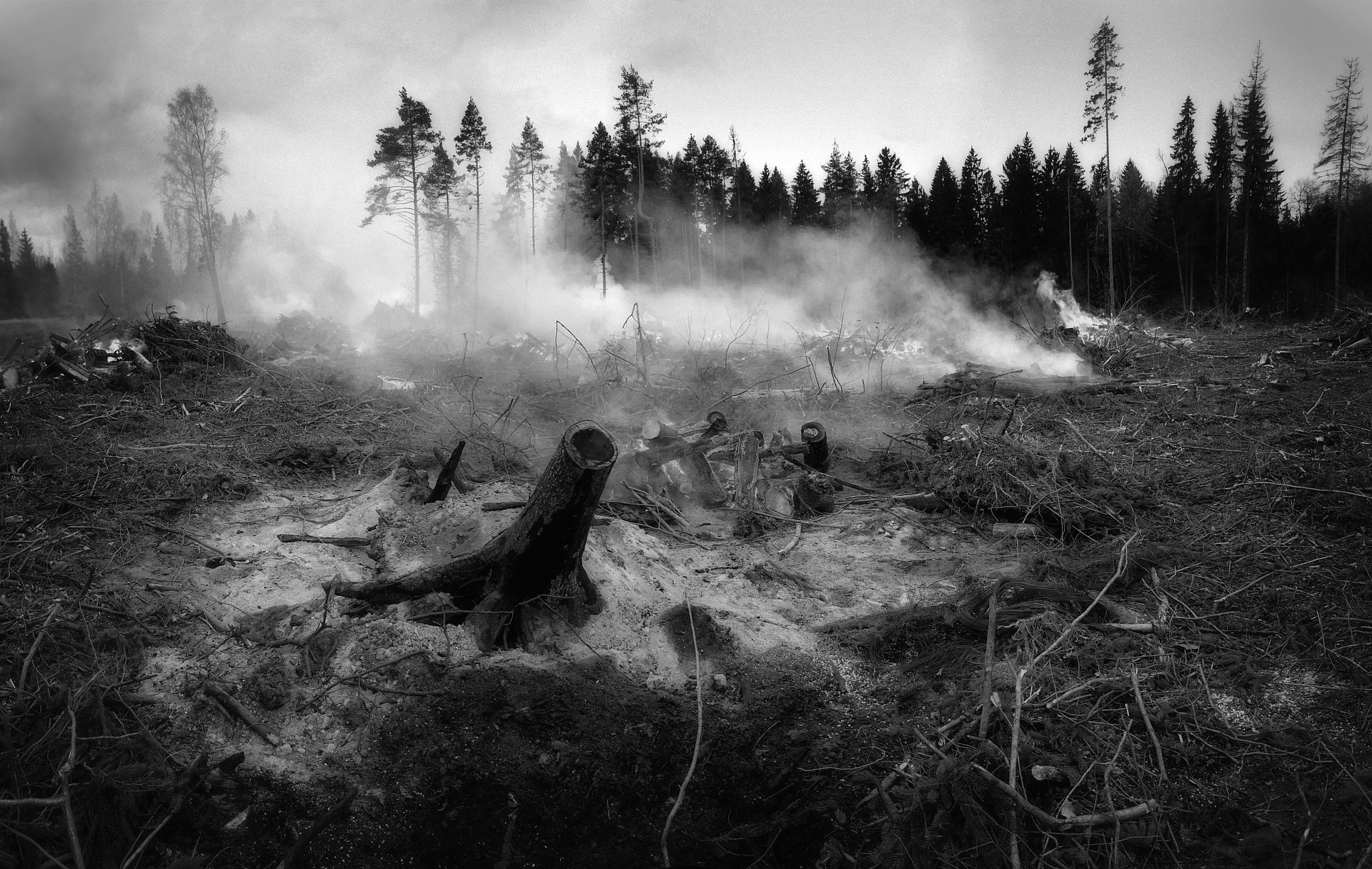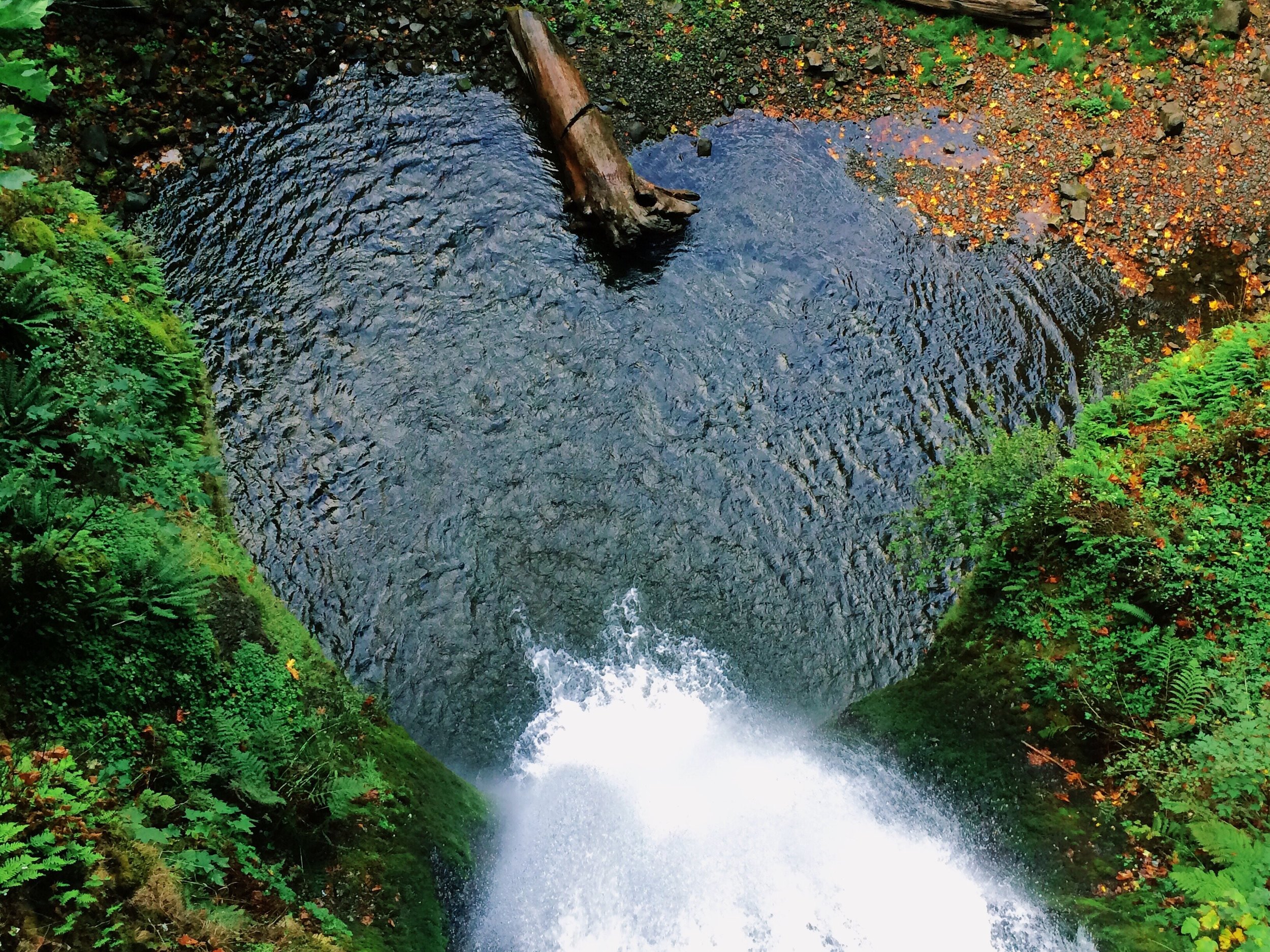 When it feels like the world is on fire, you make meatloaf for dinner. Your mind reaches back to a moment when you felt safe and you didn’t know that bad things happened to good people, and the next thing you know, you’re chopping a green pepper and kneading meat and shaping comfort into a loaf pan.
When it feels like the world is on fire, you make meatloaf for dinner. Your mind reaches back to a moment when you felt safe and you didn’t know that bad things happened to good people, and the next thing you know, you’re chopping a green pepper and kneading meat and shaping comfort into a loaf pan.
I don’t watch the news anymore. I haven’t in years, actually. It’s a strange thing for an information junkie like myself to admit. My journalism professors would surely be dismayed by my declaration, but it’s a form of self-preservation.
I can’t watch the world bleed out anymore.
I don’t watch, but I do read. I read the New York Times and the Washington Post. I read the clickbait and the longform journalism. I consume and consume, because I mistakenly believe that if I can just digest enough information, everything will make sense again.
I just need to understand how it all started, and then I’ll know how to fix it.
That’s the thing about fires though. Sometimes we never see how they start, because we don’t notice until they’re raging out of control. We always want to find the person who struck the first match, because he’s to blame, right? And if we can blame someone, then everything will make sense again.
Even as earth turns to ash and what was once beautiful is laid barren.
Some people ask why I read the news instead of watching it. The only way I know how to explain it is that it’s the difference between reading the book and watching the movie. In the book, my mind can draw the pictures and fill in the gaps. Heroes and villains don’t look so dissimilar on the page; there’s room for gray. Watching it unfold in full technicolor, the nuance is gone.
Last fall, when Gatlinburg burned because two boys were playing with matches, the smoke reached all the way to Nashville. The acrid smell stung my eyes and nostrils in my own backyard, more than 200 miles from where the fire raged. That’s the thing about wildfires, though. The smoke always travels farther than the flames—sometimes even hundreds of miles away, depending on how the wind blows.
It’s the smoke that makes it hard to breathe, hard to see. It’s the smoke that will kill you, before the flames ever get a chance.
They say fires are necessary, sometimes, to bring unruly undergrowth to heel. You hear about “controlled burns” of swaths of land, but I wonder, how do you control something like fire? How do you keep it from growing too big and destroying something you never meant for it to?
 If all things work for good for those who love God, what does that mean when a child is dying?
If all things work for good for those who love God, what does that mean when a child is dying?